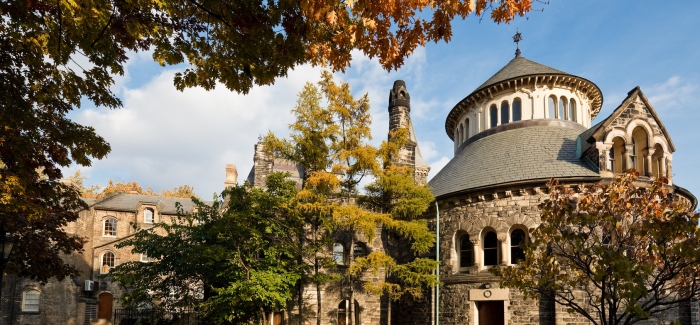The number of Indian students studying in Canada has soared in recent years, having exceeded 100,000 for the first time in 2017. This can be credited to friendly visa policies and several initiatives taken by the Canadian government to attract Indian students to its universities, while the US has recently been perceived as less friendly due to the Trump administration.
Canada recently introduced the Student Direct Stream, a fast-track process for study permit applications for students who are legal residents in one of four Asian countries: China, India, The Philippines and Vietnam. The requirements for this are stricter in that you need a higher score in an English or French language test and will also need to submit:
- Proof of tuition payment for the first year of study in a designated learning institution in Canada
- Proof of a Guaranteed Investment Certificate – a deposit in a bank account in Canada which guarantees a rate of return over a fixed period of time. This should be CA$10,000.
- A medical examination.
However, if you don’t meet these requirements you can apply for the same study permit as other applicants.
How long will it take to get a student visa?
According to the latest update on processing times, regular study permit applications made in India take seven weeks to process. The process will be faster for those who apply through the Student Direct Stream.
Bear in mind that March to June are the busiest time of the year, so it’s advisable to apply early in order to get a response within the right timeframe. Study permit applications received after August 15 for programs beginning in September will not normally be processed in time, and are likely be refused outright.
How much does it cost?
A study permit currently costs CA$150, which is roughly equivalent to 7,800 rupees plus processing charges.
Can I work while I study?
International students are permitted to work in Canada while they study – both on and off-campus, without needing a work permit, as long as they meet the eligibility requirements.
How do I gain some work experience?
Certain programs in Canada give students an opportunity to get some work experience. You might do an internship or a practicum (unpaid volunteer work), and co-op placements offer work experience which is relevant to your subject of study. These require you to possess both a Study Permit and a Work Permit.
Can I work after graduation?
International students graduating from Canadian universities are actively encouraged to take up employment in the country. The Post-Graduation Work Permit Program offers you a work permit for a period of time equal to the duration of your course, for a maximum of three years.
For instance, if you complete a one-year course in Canada, you will be granted a one year Post-Graduation Work Permit. With this type of work permit, you can work anywhere and switch jobs any time you like. You must apply within 90 days of graduating.
What about immigration opportunities?
The Canadian Experience Class (Express Entry) immigration program encourages international students graduating from Canadian universities to take up temporary residence, or even become permanent residents of the country.
To become a permanent resident of Canada, you need to have worked at least for one year in Canada with a valid work permit. For this to be valid, your job must qualify as a Skill Type 0 or Skill Level A or B occupation under the National Occupational Classification (NOC) system.
Find out more about how to get a Canadian work visa here.
Can I bring my family along?
Yes, Canada allows you to bring your spouse or partner with you. Your spouse/partner can also work while you are still a student.
Useful contacts
Canadian High Commission
7/8 Shantipath, Chanakyapuri, New Delhi - 110021
Email: delhiimmigration@international.gc.ca
Web: www.canadainternational.gc.ca/india-inde/
Telephone: +91 (11) 4178-2000
VFS Canada
Telephone: 022-67866002
Email: info.canada@vfshelpline.com
Web: http://www.vfsglobal.ca/canada
This article was originally published in January 2011. It was updated in July 2018.




